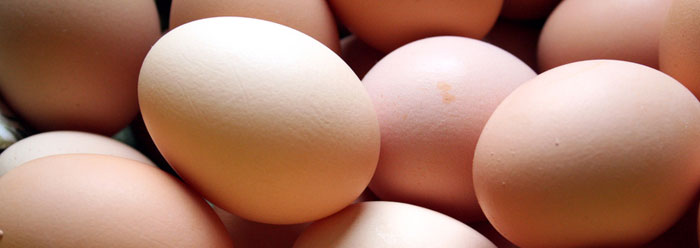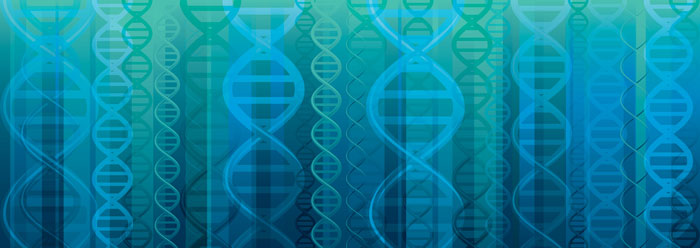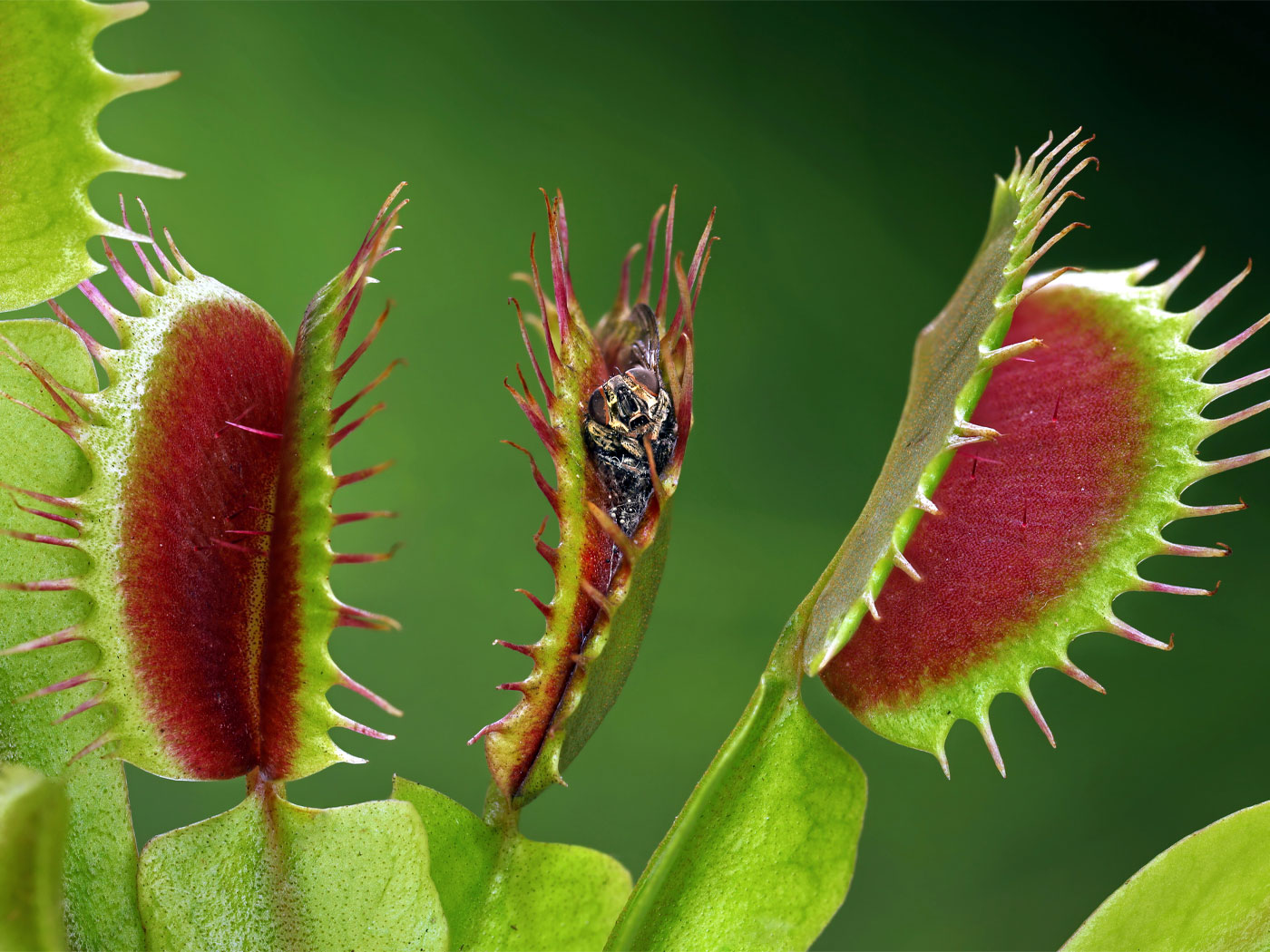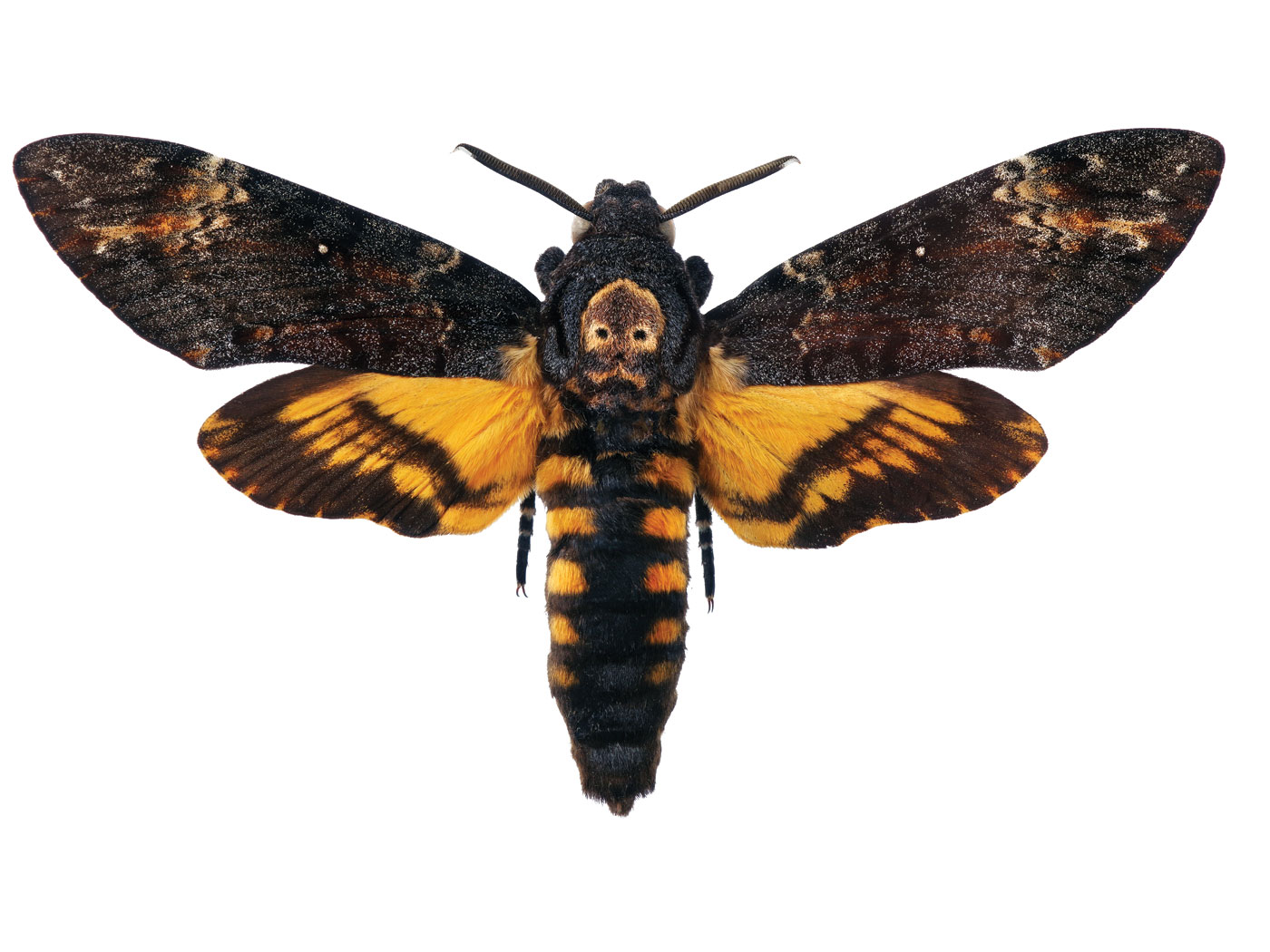The word "fail" usually implies that something went wrong. To fail a school exam decreases the chances of passing the course, and failing a physical exam portends poor health. But when scientists studied yeast and bacteria that "fail to optimize" the production of certain proteins, they discovered that's actually a very good thing.
The yeast and bacteria under investigation "fail" to produce the maximum potential amount of a particular protein used as a biological clock part. Two separate research teams wanted to find out why. A Nature news article summarized the results of the two separate studies, together discovering how these very different organisms use similar tactics to keep their tiny timekeepers in tune.1
Circadian clocks, used by a wide range of organisms, help cells keep time and maintain daily rhythms by producing proteins that interact in rhythmic cycles. One of the critical proteins in this process is called "FRQ," hearkening to "frequency." At first glance, it might appear that these organisms' failure to produce FRQ at the maximum rate shows they have not completely evolved. Perhaps evolution is still in the process of filling in their room for improvement.
The yeast research team subtly adjusted the protein manufacturing code in ways that sped up its production.2 They then inserted their now heartier versions of FRQ into living yeast cells.3 Maybe that would improve the yeast's biological clocks, like manually engineering an evolutionary advancement.
Several engineered versions of the protein actually broke the yeast's circadian clocks!
One engineered version sped up its production rate too fast to leave FRQ enough time to fold into its proper three dimensional shape, disrupting the circadian clock. The authors wrote, "Our study suggests that codon usage [alternate spellings for the same genetic "words"] regulates not only protein expression level, but also its structure and function."2 And that makes the yeast clock work best amid variously changing environments.
Similarly, "at low temperatures the bacterium actually grows better using the non-optimized codon usage."1
In other words, these circadian clocks appear already "optimized" for their task of keeping time, precisely by not being optimized for maximum production speed. If produced too fast, the clock never turns over a new daily cycle. If the cells produce too much of the right protein, the clock is too strong and again fails to cycle. It must achieve an optimum balance between quality and quantity. What does this imply about the cellular clock's origins?
Far from being failures, these circadian clocks are clearly fine-tuned—they regulate biological clocks by precision design specifications. The experiments, showing that just a subtle tinkering disrupts the clocks, demonstrate that only a Divine Horologist could have added the required precision to genes and proteins all at once in the beginning.
References
- Hurley, J.M., and J.C. Dunlap. 2013. Cell biology: A fable of too much too fast. Nature. 495 (7439): 57-58.
- Zhou, M. et al. 2013. Non-optimal codon usage affects expression, structure and function of clock protein FRQ. Nature. 495 (7439): 111-115.
- They engineered more efficient codons into the gene. This produced the same amino acid sequence as the wild-type protein, but the new configuration sped more quickly off the protein assembly line.
*Mr. Thomas is Science Writer at the Institute for Creation Research.
Article posted on April 10, 2013.
























